At What Age Can You Give Layer Feed
When to Switch Your Poultry's Feed
Your little chicks, poults and ducklings are getting so big so fast. As they grow, their nutritional requirements change. You might be wondering when is the right time to switch to the next stage of feed. Today I'm going to talk a bit about the timelines for those using commercial diet. Plus, I've included some great information about feeding roosters, drakes and toms as well as managing a mixed flock of various ages and species.
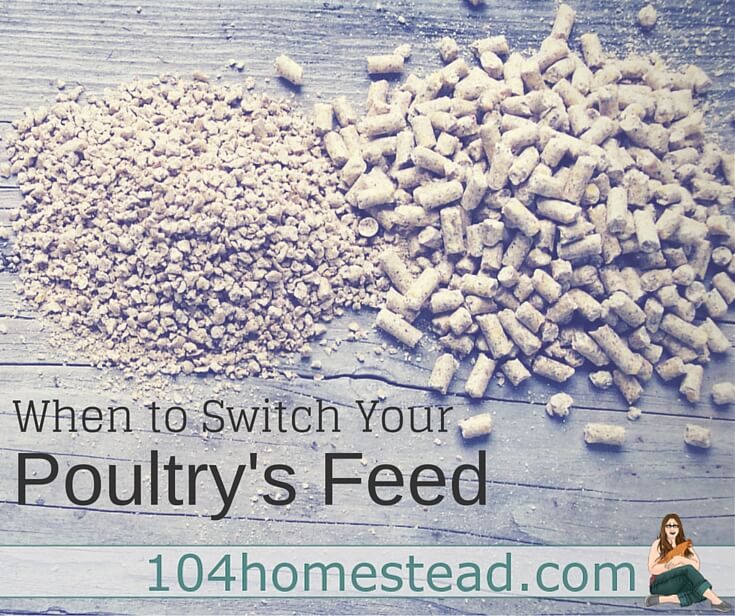
Chicks: 1-8 Weeks Old
These little guys are growing at lightening speed and require lots of protein in their diets. Starter contains 20% protein. Starter comes in medicated and unmedicated formulas. The medication it refers to is Amprolium, which protects against coccidiosis (an intestinal disease that is spread through fecal matter).
Medicated feed should only be given to chicks who have not been vaccinated for coccidiosis. It is not safe for ducklings and the jury is still out regarding poults. If you are unsure of whether your chicks have been vaccinated or if you have a mixed flock, choose unmedicated feed. Between you, me, and the poultry, keeping a clean and environment will make it unnecessary to use medicated feed.
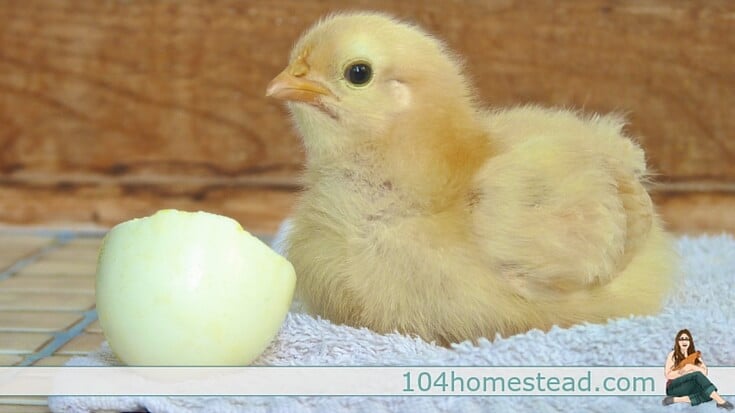
Adolescents: 8-20ish Weeks Old
Your birds are now in the awkward phase physically. They are no longer cute and fluffy, but they also aren't gorgeous adult birds. Have you ever seen an adolescent turkey? It's a pitiful sight. Because their rate of growth has slowed dramatically, they no longer need as much protein in their diet. Most Grower contains about 18% protein.
The ending of this feed is somewhat controversial. One school of thought is that they are close enough to laying at 20 weeks that it's safe to up their calcium levels. The other school of thought is to wait for that first egg to appear before making the switch to the next feed. With turkeys, people typically keep their birds on Grower to increase their size since their eggs are not often consumed and rather the bird needs to be bulked up for eating.
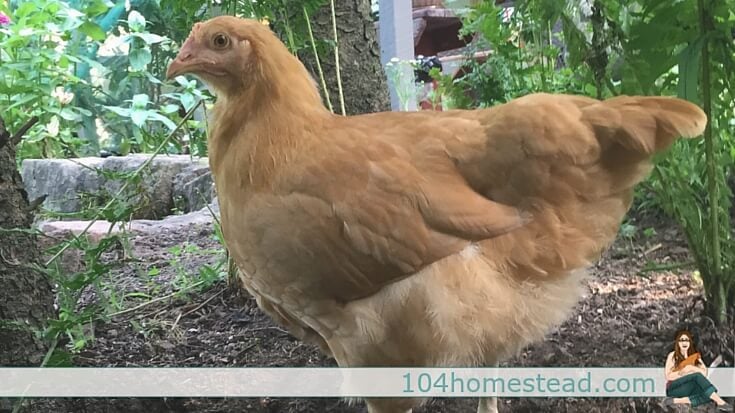
Adults: 20ish weeks+
Your tiny baby is going to be laying eggs soon. Maybe she already is. Layer contains about 15% protein and includes calcium. Calcium is essential for egg shell production. Again, it is personal choice as to whether you wait for that first egg before feeding Layer. Do not feed Layer to birds under 20 weeks as it causes an unsafe build up of calcium in their system.
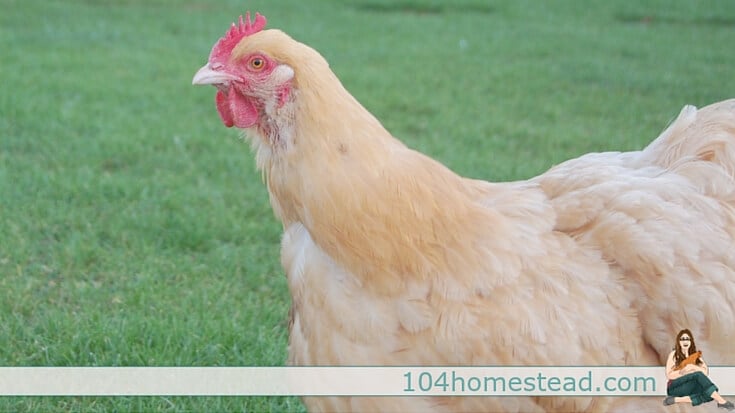
Roosters, Drakes, Toms & Layer Feed
Although it isn't ideal, in the grand scope of things, male poultry will be fine eating Layer. Since males don't lay eggs, they do not need the calcium that Layer contains. If you have mostly hens and just the one rooster, go for it. If you have several males or a mixed flock (age or species), read on…
Multi-Flock Options
This is the route that I use. I have young birds and old. I have ducks and chickens. I have males and females. Catering to everyone's dietary needs would be impossible since they all live together. My solution is to feed Multi-Flock or All-Flock. This feed is much like Grower in the fact that it contains no calcium, but it contains about 16% protein. Because the feed doesn't contain calcium, you will need to provide it using oyster shells or crushed egg shells.
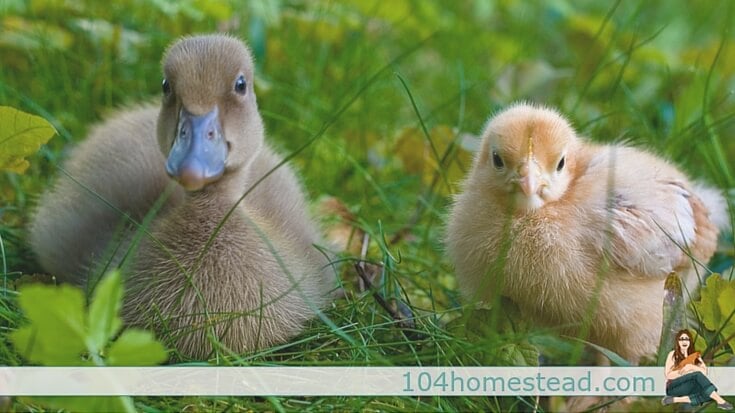
A Note on Niacin
Ducklings need more niacin that commercial feeds provide (the exception being duck-specific Starter and Grower formulas). You can supplement by adding dietary niacin. Dietary niacin (also known as dietary yeast) is available at any health food store for about 60¢ an ounce. Some people recommend crushing brewer's yeast tablets, but that requires additional work and costs more money.
Niacin supplements do not need to be given daily. On our homestead, I'll add a sprinkle daily to the feed while the ducklings are still in the brooder. Once outside with the big birds, I try and separate them once or twice a week to give them a little sprinkled on their food. My ducks tend to sleep outside the coop so I am able to feed in the evening after the chickens have gone to roost. Ducks require this additional supplement until they reach approximately 6 months of age. By that time their bones are fully formed and the niacin is no longer needed.
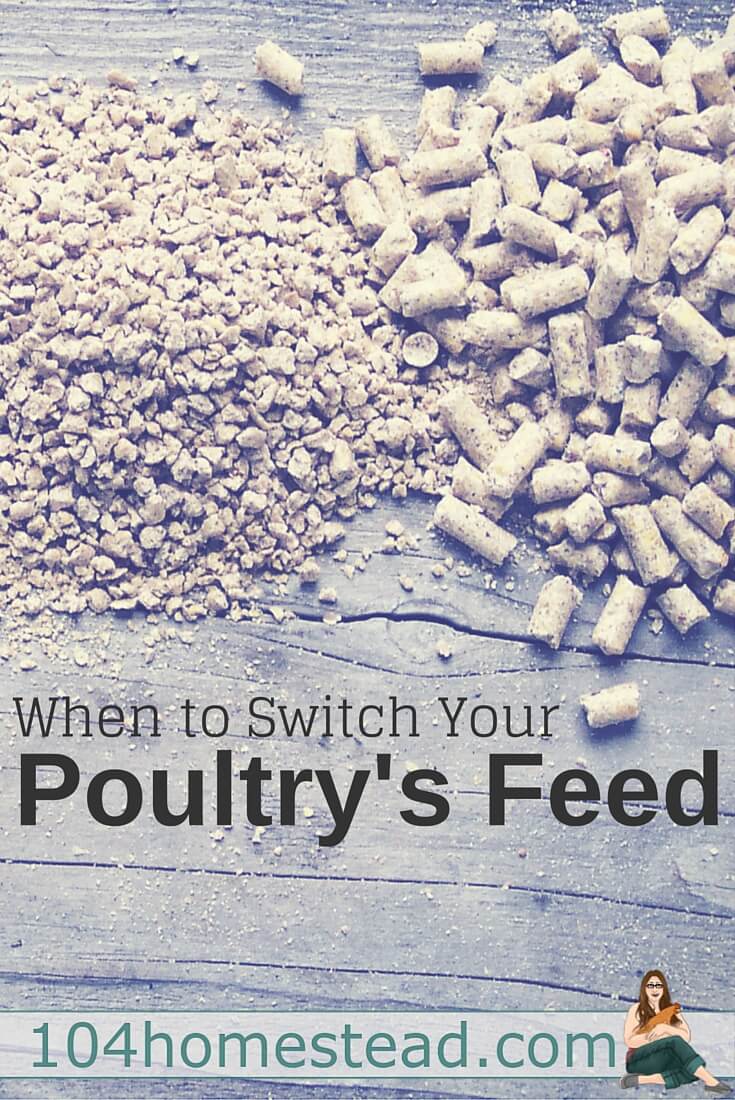
Source: https://104homestead.com/age-switch-poultry-feed/
0 Response to "At What Age Can You Give Layer Feed"
Post a Comment